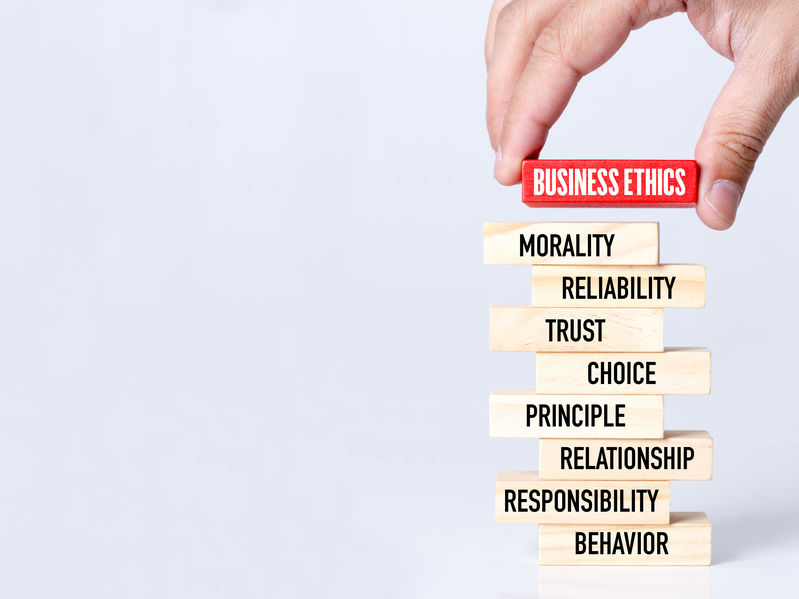Business ethics are a set of principles that guide how businesses should operate. They are based on ethical values such as integrity, transparency and fairness.
The field has defended private property, but it has also been critical of the exploitation of workers in less-developed countries and of bribery and corruption by multinationals.
Corporate Social Responsibility (CSR)
CSR is a subset of business ethics that focuses on the ethical obligations of businesses to their employees, customers and the community. This includes initiatives like adopting humane employee practices and promoting environmental sustainability. In addition, it can also include philanthropic activities such as charitable donations and sponsorships.
Many large companies have begun to consider their impact on the environment and society as a whole. This trend has led to the development of a new framework for business called the “triple bottom line.” While this concept is often associated with larger corporations, small businesses can also use it as a way to distinguish themselves from competitors and increase their market share.
For example, a company can make a difference by becoming a B-corporation or earning the Fair Labor Association certification. This can help attract consumers who value the company’s values. In addition, it can reduce employee turnover and increase productivity. Moreover, the company can become certified by implementing its management system based on the International Standard ISO 26000.
Integrity
Integrity is an important part of business ethics. It involves making decisions that are based on one’s personal moral code and internal compass. It’s also about being consistent with these choices, even when it means not getting exactly what you want or expecting to lose something in the process.
Businesses with a strong sense of integrity are able to create trust with consumers, which is helpful in building sales and brand equity. These businesses are also more likely to be successful and grow quickly because their customers feel they can rely on them.
A good way to start fostering a culture of integrity is for the board and leadership team to set the tone with their own behavior. A great resource for this is Extreme Ownership, a book by two Navy SEALs that successfully transfers military philosophy into a business setting. This type of leadership will help your company establish a code of conduct that permeates the entire organization.
Transparency
Transparency relates to the concept of fairness and the interests of all stakeholders, including employees, shareholders, the community in which a business operates and its customers. Without divulging trade secrets, companies should make information about their financials, price changes, hiring and firing practices, promotion policies and other internal issues available to anyone with an interest in them.
Companies should also be open to discussing their ethical values and the causes they support. This can help build a sense of loyalty among employees and foster trust between customers.
Business ethics arose as an academic field in the 1970s, following a period of social unrest and protests against big business. The concept of ethical business practices drew from various philosophical and empirical approaches, such as utilitarianism and Kantian ethics. Today, it has become a part of corporate culture and is often reflected in CSR strategies. It has even been incorporated into the law in some jurisdictions.
Compassion
When business leaders are compassionate, they can help employees feel valued and understood. They can also improve life-work balance and foster a culture of community within the organization. Moreover, they can help their employees focus on professional development and build trust in their relationships with customers and investors.
However, it is important to remember that compassion should not replace logic. An overemphasis on empathy can lead to bias and impulsive decisions that may hurt the company. In fact, Yale psychology professor Paul Bloom has spoken out against the overemphasis on empathy in business.
The emergence of the ethics-in-business branch of business ethics came during the tumultuous 1960s, when civil rights, environmentalist and consumerist movements began to grow. At the time, the concept of business ethics was still a relatively new one. In the early years, philosophical business ethicists dominated the field. But over time, empiricists in the social sciences slowly grew into prominence. In contrast to the philosophical branch of business ethics, which focuses on moral values and principles, the empirical branch looks at how people behave in the business environment.

